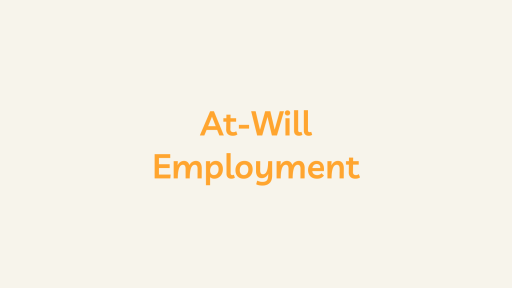Introduction
Flexible Spending Account(FSA) is a versatile financial tool that empowers employees to navigate and offset various healthcare and dependent care expenses. In this comprehensive guide, we delve into the intricacies of FSAs, exploring their tax advantages, eligible expenses, and essential features.
What is a Flexible Spending Account (FSA)?
A Flexible Spending Account is a tax-advantaged benefit employers offer to aid their employees in managing out-of-pocket healthcare and dependent care costs. Governed by the Internal Revenue Service (IRS), FSAs enable participants to set aside a portion of their pre-tax income, providing immediate tax savings.
Key Features of Flexible Spending Account (FSA)
1. Pre-tax Contributions:
One of the hallmark benefits of FSAs is the ability to contribute a portion of one’s salary before taxes. This lowers taxable income and enhances an individual’s take-home pay.
2. Use-it-or-Lose-it Rule:
While FSAs operate under the “use-it-or-lose-it” principle, recent regulatory changes have introduced flexibility. Plans may now offer a grace period extending the deadline for spending FSA funds or permit a limited amount of funds to roll over into the next plan year.
3. Eligible Expenses:
FSAs cover an extensive array of qualified expenses. In healthcare, participants can utilize FSA funds for co-pays, deductibles, prescription medications, and even certain over-the-counter items. Dependent care expenses may include childcare or elder care costs, facilitating the account holder’s ability to work.
4. Employer Contributions:
While employer contributions to FSAs are not as common as with Health Savings Accounts (HSAs), some companies do provide matching contributions. These contributions can further boost the account balance, augmenting employee financial benefits.
5. Accessibility:
Accessing FSA funds is facilitated through various means, including debit cards linked to the account and reimbursement claims for eligible expenses. This accessibility streamlines the process for participants, enhancing the overall user experience.
6. Annual Enrollment:
Employees typically enroll in an FSA during their employer’s open enrollment period. This critical juncture allows individuals to decide on the amount they wish to contribute to the account for the upcoming plan year, tailoring the FSA to their specific needs.
Conclusion
Flexible Spending Accounts (FSAs) are powerful ally in managing healthcare and dependent care expenses, offering participants a unique blend of tax advantages and financial flexibility. As individuals navigate the open enrollment period, understanding the nuances of FSAs empowers them to make informed decisions and extract the maximum benefits from these accounts. Staying abreast of regulatory changes ensures that participants can adapt their strategies and leverage FSAs as a strategic financial tool for years to come.





